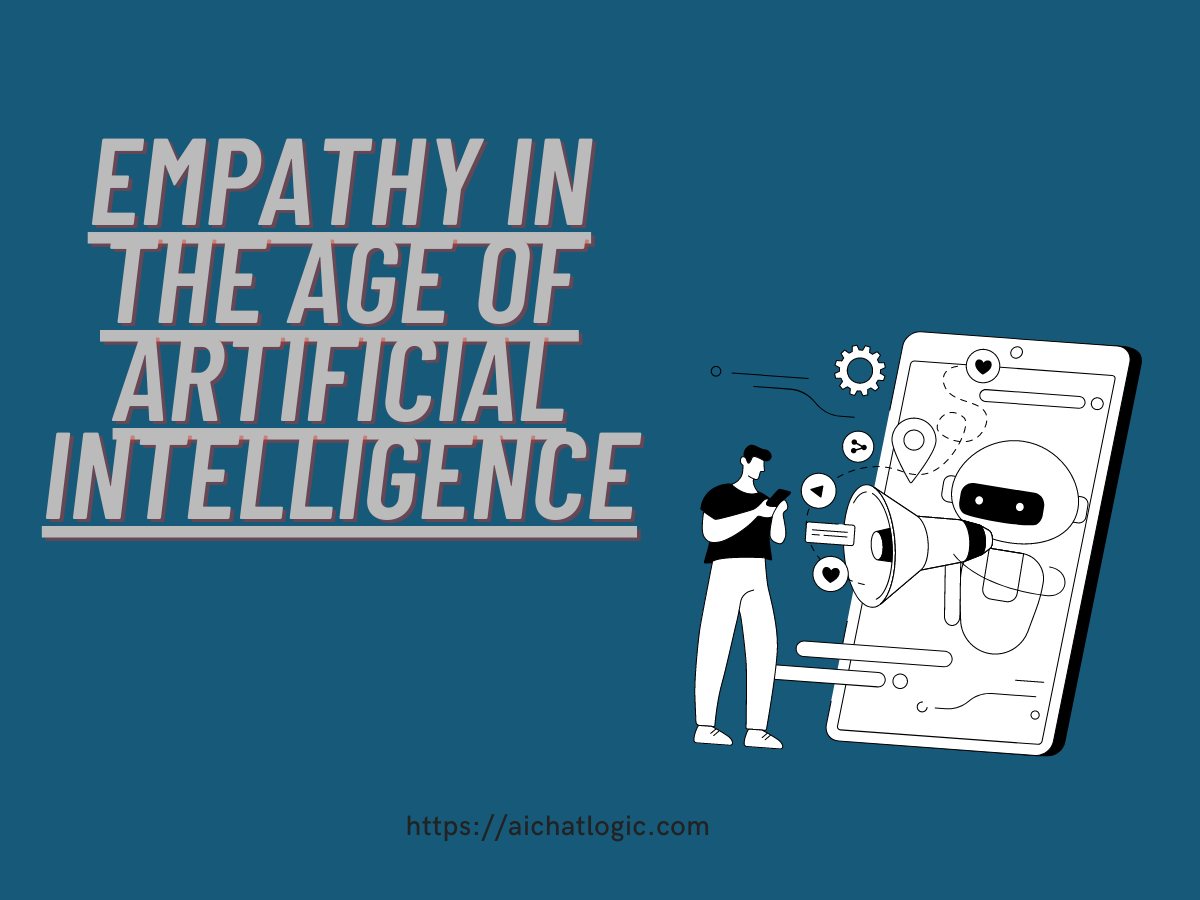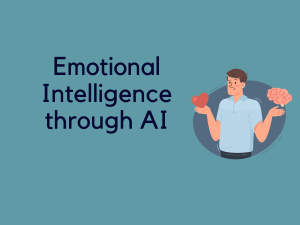Introduction
In the age of artificial intelligence (AI), where machines are becoming increasingly intelligent and capable, the concept of empathy may seem elusive. However, advancements in AI technology have opened up new possibilities for incorporating empathy into machines. This article explores the advancements and challenges of developing empathetic AI systems.
Understanding Empathy
Empathy is the ability to understand and share the feelings of others. It is a fundamental aspect of human interaction, enabling us to connect on an emotional level. Empathy involves recognizing and responding to emotions, providing support, and showing understanding. Traditionally, empathy has been considered a human trait, but there is growing interest in integrating empathy into AI systems.
The Role of Artificial Intelligence
Artificial intelligence plays a significant role in shaping the future of empathy. By analyzing vast amounts of data, AI algorithms can learn patterns and behaviors associated with human emotions. This knowledge can be utilized to create empathetic AI systems that can interact with humans in a more emotionally intelligent manner.
Advancements in Empathy AI
Natural Language Processing (NLP)
Natural Language Processing (NLP) is a branch of AI that focuses on enabling machines to understand and generate human language. NLP has been instrumental in developing empathetic AI systems capable of interpreting and responding to human emotions conveyed through text. These systems can analyze the sentiment and context of written communication to provide empathetic responses.
Facial Expression Recognition
Facial expression recognition is another area where AI has made significant advancements. Through computer vision techniques, AI algorithms can analyze facial expressions and infer emotions accurately. This technology has applications in various domains, including healthcare and customer service, where empathetic responses are crucial.
Empathy Chatbots
Empathy chatbots are AI-powered conversational agents designed to engage in empathetic interactions with users. These chatbots utilize natural language processing and sentiment analysis to understand the emotional state of the user. By providing empathetic responses, they can offer support and assistance, enhancing the user experience.
Challenges in Developing Empathetic AI
While there have been notable advancements in empathetic AI, several challenges remain in its development.
Ethical Considerations
Ethical considerations are a significant concern when developing empathetic AI systems. Ensuring the privacy and security of user data is essential, as empathetic AI systems often rely on analyzing personal information. Transparency in AI algorithms and decision-making processes is crucial to build trust with users.
Lack of Emotional Understanding
One of the primary challenges in developing empathetic AI is the lack of true emotional understanding. While AI systems can analyze and respond to emotions based on learned patterns, they lack the inherent human capacity to genuinely feel and empathize with others. Creating AI systems that can truly understand and empathize with human emotions remains a complex task.
Bias in AI Algorithms
Bias in AI algorithms is another challenge that affects the development of empathetic AI. AI systems learn from data, and if the data used for training contains biases, these biases can be perpetuated in the AI’s responses. Ensuring fairness and avoiding discrimination in empathetic AI systems is crucial to prevent unintentional harm or biased behavior.
The Importance of Human Connection
While empathetic AI has its merits, it is essential to recognize the irreplaceable value of human connection. Despite the advancements in AI, human-to-human interactions remain vital for genuine empathy. Human connections offer emotional support, understanding, and the ability to adapt to complex emotional situations that AI may struggle with.
The Future of Empathetic AI
The future of empathetic AI holds great promise. As technology continues to evolve, AI systems may become more sophisticated in understanding and responding to human emotions. Researchers are exploring new avenues, such as affective computing and emotion recognition, to enhance AI’s empathetic capabilities. However, it is crucial to strike a balance between AI and human interaction to ensure that empathy remains a core human trait.
Conclusion
Empathy in the age of artificial intelligence presents both advancements and challenges. AI has the potential to enhance human experiences by incorporating empathetic features into various applications. However, ethical considerations, the lack of true emotional understanding, and bias in AI algorithms must be addressed. Striking a balance between AI and human connection is essential to foster genuine empathy in a technologically driven world.
FAQs
1. Can AI truly feel empathy? No, AI cannot genuinely feel empathy as humans do. AI systems can analyze and respond to emotions based on learned patterns but lack the inherent capacity to genuinely feel and empathize with others.
2. How can empathetic AI benefit society? Empathetic AI can benefit society by enhancing user experiences, providing support in various domains like healthcare and customer service, and assisting individuals who may need emotional companionship.
3. What are the ethical concerns surrounding empathetic AI? Ethical concerns include ensuring the privacy and security of user data, transparency in AI algorithms, and avoiding biases and discrimination in AI responses.
4. What role does human connection play in empathy? Human connection plays a crucial role in empathy as it provides emotional support, genuine understanding, and adaptability to complex emotional situations that AI may struggle with.
5. What does the future hold for empathetic AI? The future of empathetic AI is promising, with continued advancements in technology. Researchers are exploring new avenues, such as affective computing and emotion recognition, to enhance AI’s empathetic capabilities while maintaining the balance between AI and human interaction.












+ There are no comments
Add yours